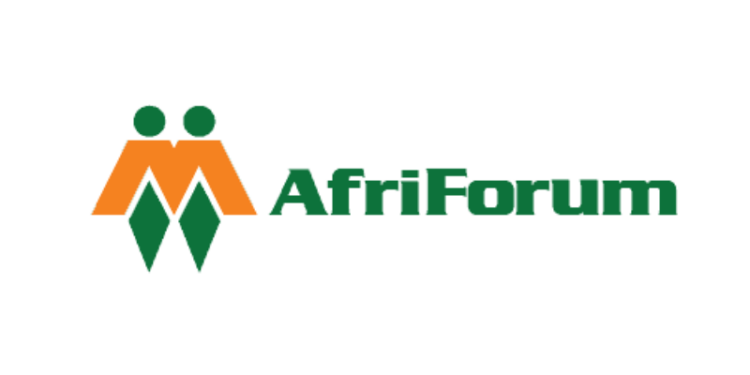President Donald Trump signed an executive order on Friday, February 7th, halting financial aid to South Africa and introducing a program to resettle white Afrikaners as refugees. The order, which cites “human rights violations” and “race-based discrimination,” follows South Africa’s recent adoption of a land expropriation law and its genocide case against Israel at the International Court of Justice (ICJ).
The executive order directs U.S. agencies to suspend aid to South Africa “to the maximum extent allowed by law.” However, the United States does not provide significant direct financial aid to South Africa outside of PEPFAR ( President’s Emergency Plan for AIDS Relief). PEPFAR funding accounts for only 17% of South Africa’s total HIV/AIDS program, with the majority of the budget funded domestically.
The order also establishes a refugee program for white Afrikaners, whom it describes as an “ethnic minority” facing discrimination. Under this program, eligible Afrikaners would receive U.S. government-sponsored relocation, housing, and financial support—a policy typically reserved for groups fleeing war, genocide, or systemic state persecution.
Tensions between Washington and Pretoria escalated earlier this week after Trump, Secretary of State Marco Rubio, and billionaire Elon Musk publicly criticized South Africa’s policies. On Sunday, Trump wrote on Truth Social, “South Africa is confiscating land and treating certain classes of people VERY BADLY.”
Rubio echoed these concerns, announcing he would boycott the upcoming G20 summit in Johannesburg, calling South Africa’s land policies and foreign relations “very bad things.”Musk, a South African-born businessman, responded to President Cyril Ramaphosa’s defense by asking, “Why does South Africa have openly racist ownership laws?”
Musk’s statements reflect concerns raised by Afrikaner advocacy groups such as AfriForum, which has long opposed South Africa’s land reform policies. These groups argue that Afrikaners face discrimination, while government statistics show that white South Africans, who make up about 7% of the population, continue to own the majority of private farmland and hold significant economic power.
The South African government has denied Trump’s claims, stating that the land expropriation law does not permit arbitrary seizures. President Ramaphosa said, “South Africa is a constitutional democracy that is deeply rooted in the rule of law, justice, and equality. The South African Government has not confiscated any land.”
Land ownership remains a contentious issue in South Africa, where white citizens, roughly 7% of the population, own about 72% of private farmland. The new law allows the government to seize land when it is abandoned or not being used productively, with compensation based on fair market value.
Trump’s executive order also appears tied to geopolitical tensions. The order explicitly references South Africa’s ICJ case against Israel, in which Pretoria accused Israel of genocide in Gaza. “South Africa accused Israel, not Hamas, of genocide,” the order states, implying that the U.S. sees Pretoria’s stance as justification for cutting aid.
The move represents an unprecedented intervention in South Africa’s domestic affairs. By halting aid and introducing a refugee program for Afrikaners, Trump has reshaped U.S. foreign policy in response to concerns raised by Musk and Afrikaner advocacy groups.
President Ramaphosa, addressing parliament, vowed that South Africa would not be intimidated, “We will not be deterred. We are resilient people. We will not be bullied.”








